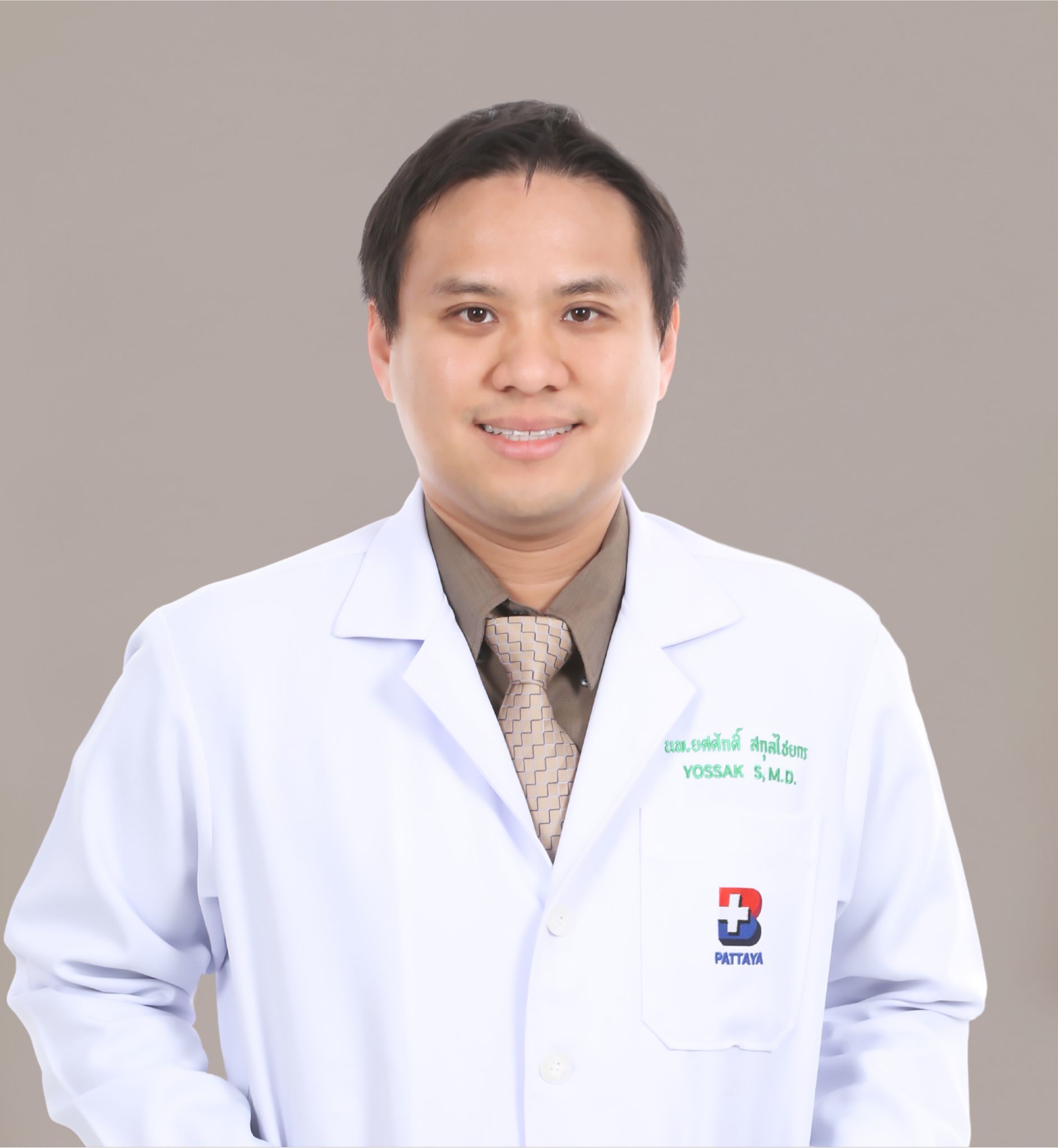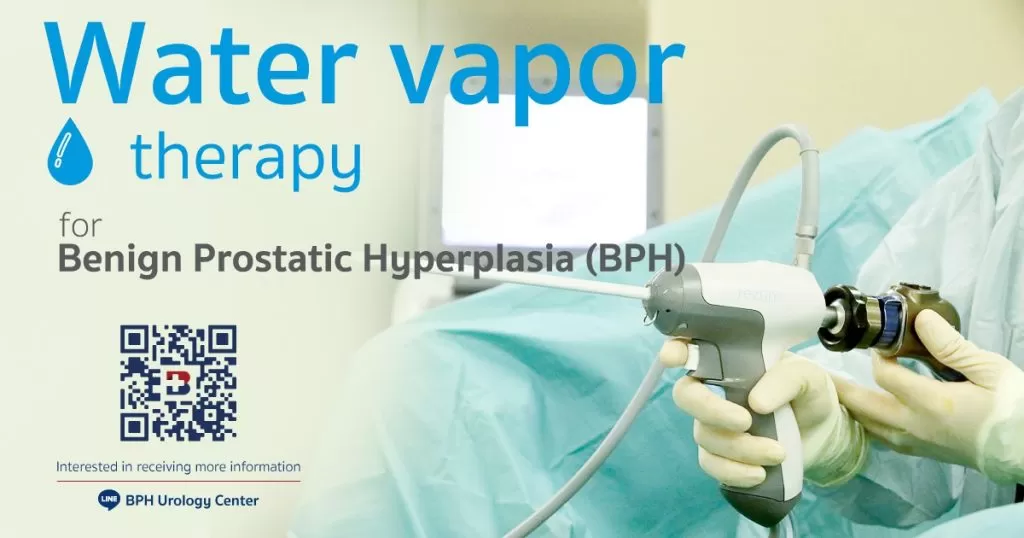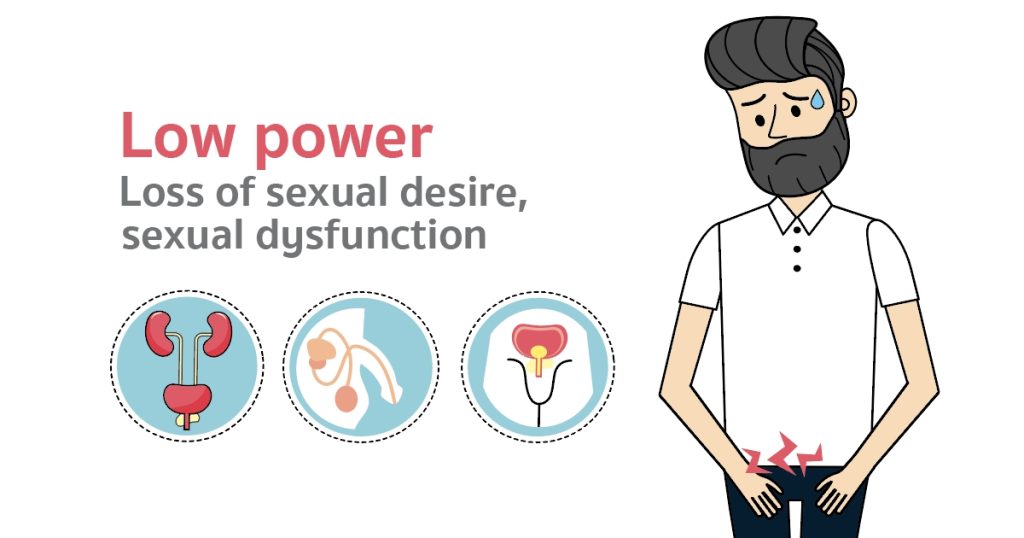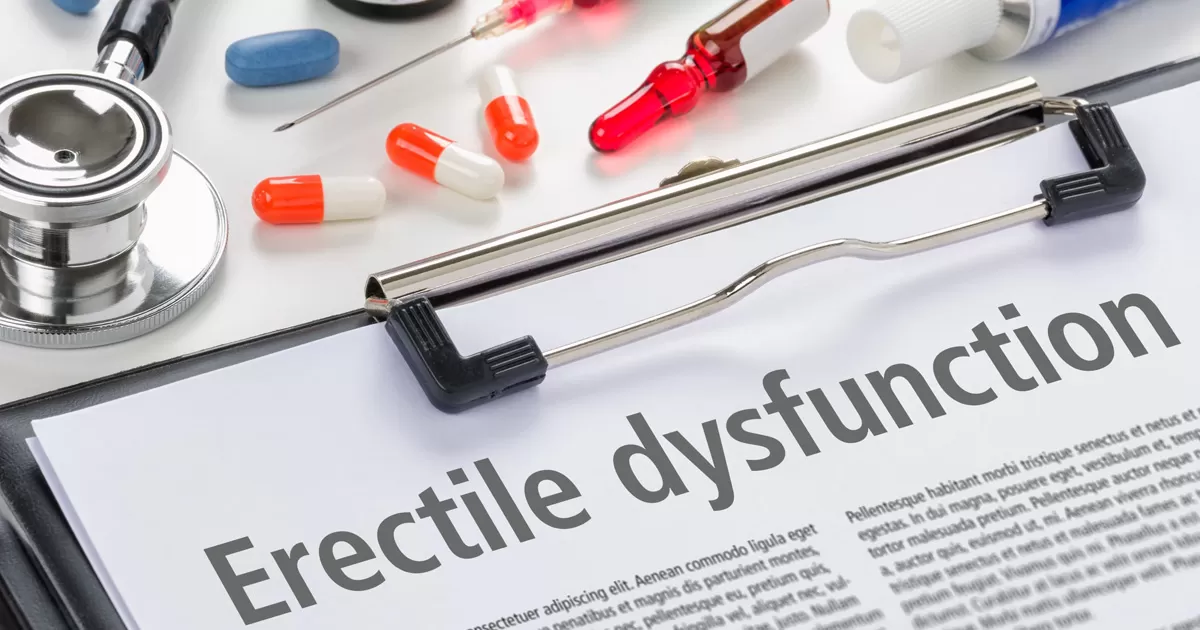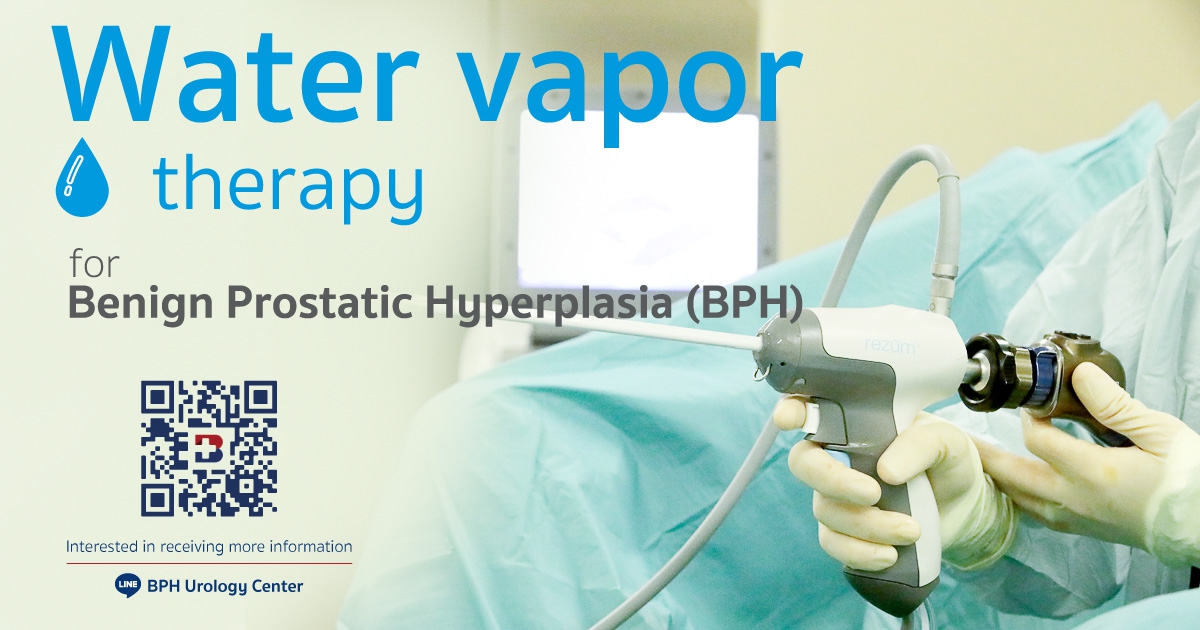
LiESWT (Low-intensity shockwave treatment for erectile dysfunction)

The clinical term for this treatment used by urologists is low-intensity shockwave therapy (LiSWT). During the treatment, a small wand-like device uses targeted sound waves to stimulate penile tissue and encourage blood flow, which can also speed up the healing process. Low-intensity shockwaves have also been shown to grow new blood vessels and improve blood flow in the penis, which is essential for erections.
This procedure works best for men with mild erectile dysfunction who are:
- not responding to medications adequately,
- not interested in taking medications, or
- interested in trying regenerative therapy to reverse some of the causes of ED.
- The procedure has not been well-studied in men with severe ED or other health conditions, such as diabetes, prostate cancer or heart disease.
This procedure is performed in an exam room and does not require anesthesia. You do not need to prepare anything in advance for your appointment.
During the procedure, your urologist will move a wand-like device around different areas of your penis. Urologists use Dornier Aries® devices, which emit gentle pulses that trigger increased blood flow. The entire treatment lasts approximately 15 minutes.
You may experience some side effects, but they are rare and generally mild. These may include:
- pain at the site during the procedure,
- bleeding or bruising on and around the penis,
- blood in the urine,
- skin infection on the penis,
- painful erection, or penile curvature that worsens.
Clinical studies have generally shown shockwave therapy to be effective and safe, but more research is needed to identify potential risks and the best treatment protocols for someone with erectile dysfunction.
Most people who get shockwave therapy for ED will often see benefits within one to three months. The initial results (within the first several weeks) can be dramatic. There is still not enough long-term research and data to say how long the treatment might last, whether the effects of the treatment could wear off, or whether you will need additional treatment at a later time.
Share :
Related Articles
Related Doctors

.jpg)
